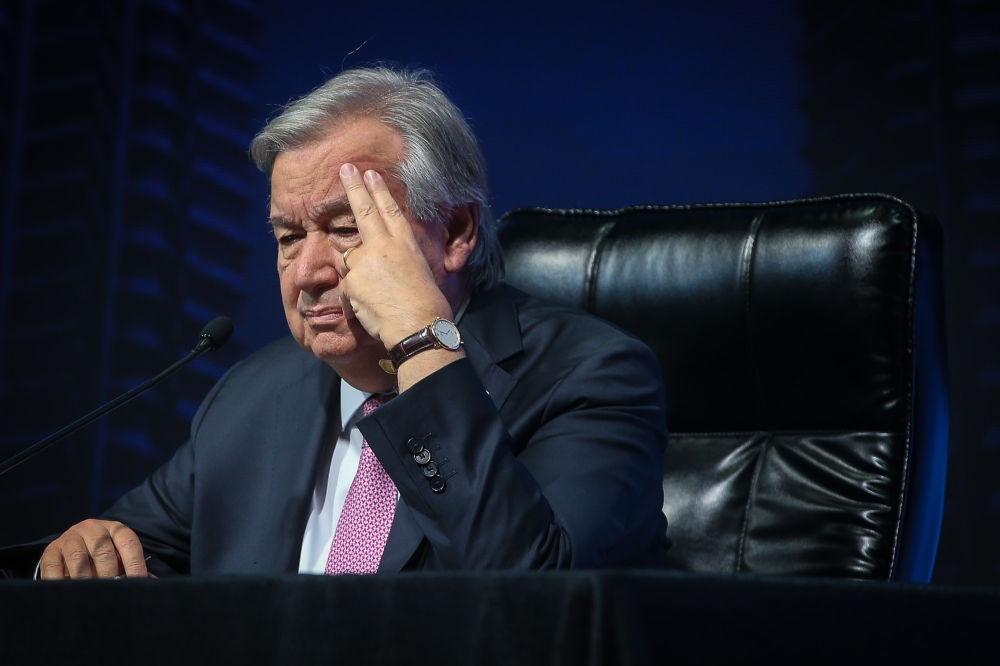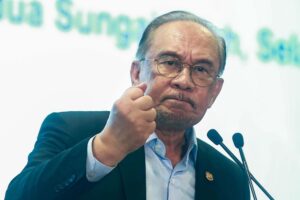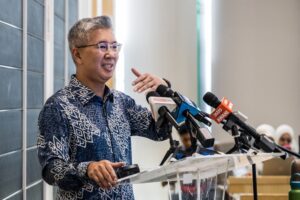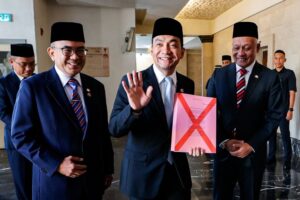KUALA LUMPUR, Oct 27 — United Nations Secretary-General António Guterres has issued a strong condemnation of the ongoing violence in Myanmar, urging all parties to halt hostilities, protect civilians, and allow unhindered humanitarian access.
Guterres called for the release of those arbitrarily detained, including democratically elected leaders, stressing that any elections held under current conditions risk deepening exclusion and instability.
“Peace in Myanmar remains elusive. Thousands have been killed, millions displaced, and humanitarian needs are soaring,” he said in his opening remarks at the Asean UN summit, noting that the Rohingya and other communities continue to suffer persecution and repeated cycles of forced displacement.
He warned that the humanitarian response plan for Myanmar remains severely underfunded, appealing for urgent international support to address the crisis.
Turning to regional security, Guterres called for efforts to prevent incidents in the South China Sea, reduce risks, and uphold freedom of navigation and overflight in line with international law, particularly the United Nations Convention on the Law of the Sea (UNCLOS).
The UN chief reaffirmed the organisation’s commitment to supporting Asean’s implementation of the Five-Point Consensus and UN Security Council Resolution 2669, aimed at restoring peace and democracy in Myanmar.
He also called for stronger global and regional action on climate change and digital governance, urging Asean countries to accelerate emissions cuts and embrace responsible artificial intelligence.
Guterres said that in the lead-up to COP30 in Brazil, nations must submit more ambitious nationally determined contributions that significantly reduce emissions and hasten the transition from fossil fuels to renewable energy.
“At COP30, we must go further and faster to close the emissions gap with stronger ambition in adaptation, mitigation, and climate finance.
“COP30 must prove that the world can keep global warming below 1.5°C by the end of this century and deliver climate justice across Asean,” he said during his opening remarks.
He warned that floods, droughts, rising sea levels, and transboundary haze continue to threaten food security, public health, and economic stability throughout the region.
Guterres also highlighted the potential of artificial intelligence to drive inclusive development while underscoring the importance of governance and cybersecurity.
“Artificial intelligence has the potential to accelerate inclusive development,” he said, noting that the United Nations recently launched two global initiatives.
The two initiatives are an independent international scientific panel on AI and an annual dialogue on AI governance to connect science, policy, and practice while ensuring every country has a voice.
Guterres also emphasised the need for stronger action against transnational organised crime, including cyber trafficking and scam networks, and reaffirmed that the United Nations Office on Drugs and Crime (UNODC) would continue to support Asean’s regional efforts in combating such threats.






